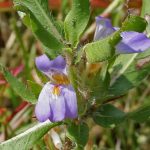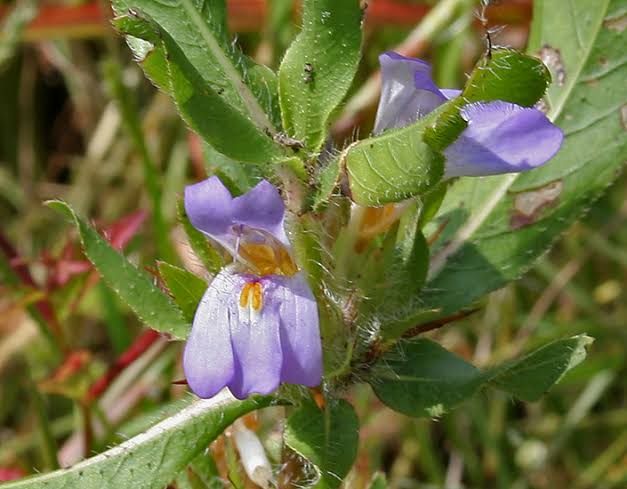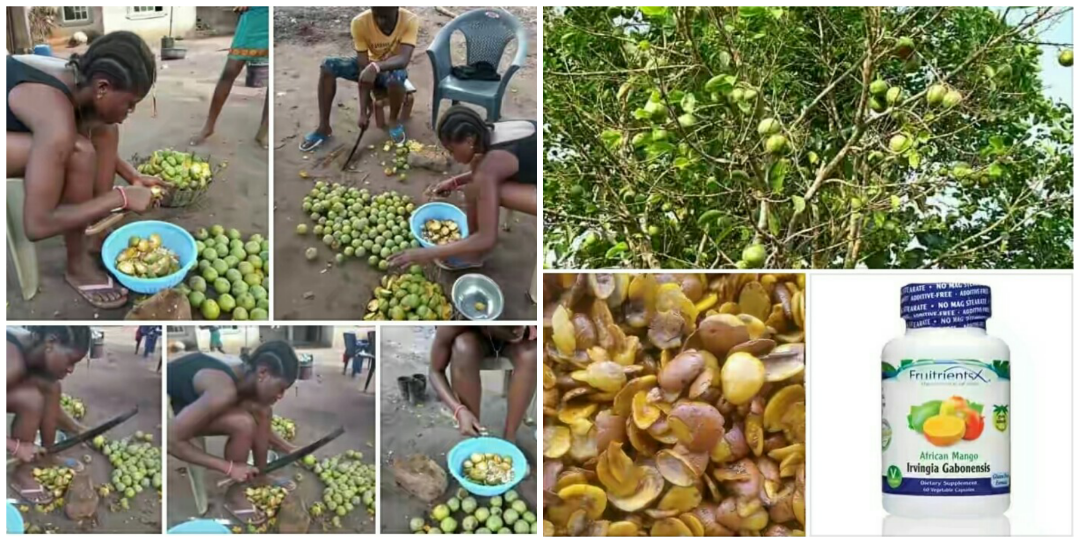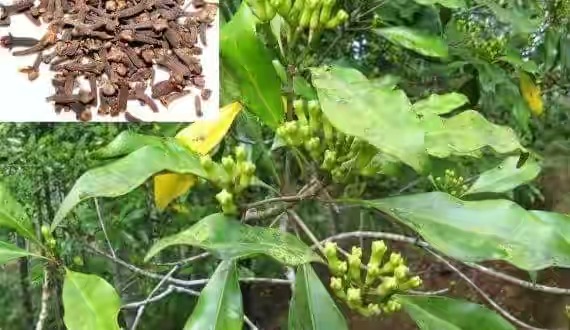Hygrophila auriculata (K. Schum) Heine or Elephant’s pubic hair or Záázár gííwáá (Hausa): An unpopular, but medicinally beneficial plant
Hygrophila auriculata (K. Schum) Heine has been used in traditional practice for many years. Hygrophila auriculata (K. Schum) Heine (synonym: Asteracantha longifolia Nees, Barleria auriculata schum, Barleria longifolia linn).
Acanthaceae is a wild herb commonly found in moist places on the banks of rivers, ditches and paddy fields in Asia and Africa. The plants have been well described in Ayurvedic literature. An investigation of the ethanobotanical literature conducted by me shows that the roots, seeds, and aerial parts of the plant are widely used in the traditional system of medicine for the treatment of jaundice, hepatic obstruction, rheumatism, inflammation, pain, urinary infection, edema, gout, malaria, and impotence and also as an aphrodisiac.

Credit: Wikipedia
The results of scientific studies had shown high concentrations of iron, copper and cobalt in all parts of Hygrophila spinosa. Some Indian scientists have studied the amino acid composition of the seeds of Hygrophila auriculata and reported that the seed proteins of this plant contain all the essential amino acids and are comparable with those of groundnut protein.
An ethanol extract of the seeds of Hygrophila auriculata has been demonstrated to exhibit potent hepatoprotective activity against paracetamol- and thioacetamide-induced liver damage in laboratory animals. Research with Asteracantha longifolia have found that the extract significantly lowers fasting blood glucose level and markedly improves the glucose tolerance in laboratory animals at a therapeutic dose equivalent to 5 g/kg of the starting material.
An ethanol extract of the aerial parts of Hygrophila auriculata at a dose of 100 and 250 mg/kg body weight given for for 3 weeks produced a significant reduction in blood glucose and level of free radicals in both liver and kidney in diabetic rats.
Treatment with an ethanol extract of the aerial parts of Hygrophila auriculata significantly increases glutathione (GSH), glutathione peroxidase (GPx), glutathione S-transferase (GST) and catalase (CAT) levels compared with the control group. These are all antioxidants or antioxidant enzymes that eliminate free radicals and protect against many chronic diseases, including cancer.
Ethanol extracts from the leaves of Hygrophila auriculata have been demonstrated to exhibit potent anti-microbial activity against many harmful pathogens, including Staphylococcus aureus, Bacillus subtilis, Candida albicans and Mycobacterium smegmatis
These are the thoughts of:
Sa’eed Halilu Bawa
Senior Lecturer (Associate Professor) at University of the West Indies, St. Augustine Campus, Trinidad.
Studied Food and Nutrition Sciences, Dietetics at Kaduna Polytechnic, Nigeria; Warsaw University of Life Sciences, Poland.
























